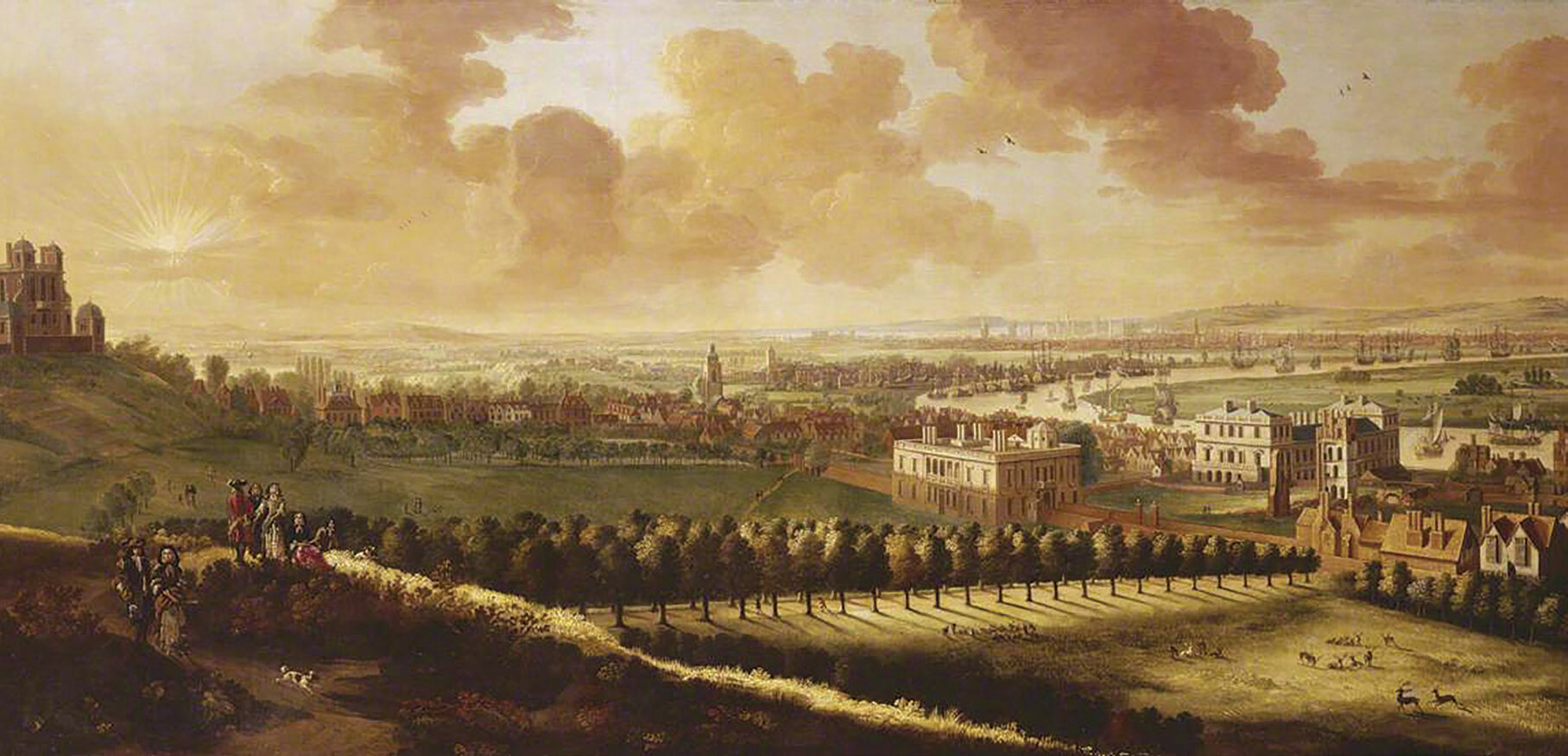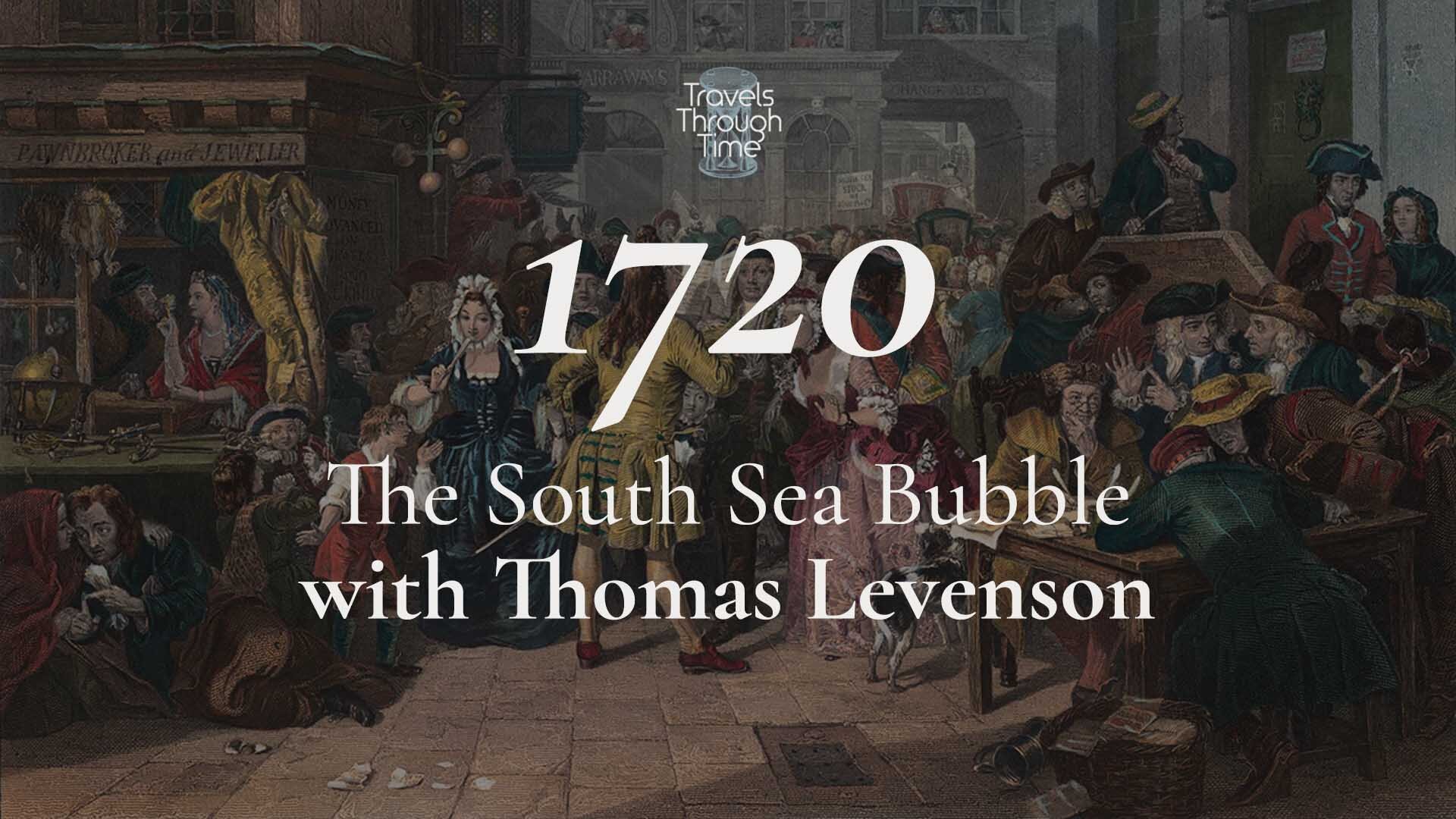The Glorious Revolution: Margarette Lincoln (1688)
Margarette Lincoln, author of London and the Seventeenth Century: the making of the world’s greatest city
1688 is an oddly neglected year in English history. Yet it is a compelling and consequential one as the author Margarette Lincoln explains in this episode. The year saw fiery riots, an invasion, a royal getaway and a change of monarchs. Lincoln takes us back to these events, which form part of the event we remember today as the Glorious Revolution.
*** [About our format] ***
England in the 1600s was beset by political and religious conflict. The century opened with a Catholic plot to blow up the Houses of Parliament. Thereafter there was a brutal Civil War, the execution of a king and the establishment of an experimental republic. Out of the ashes of this rose a restored Stuart dynasty, but as the century neared its end, old divisions surfaced again.
The problems were caused by King James II’s Catholicism. In a country where Catholics had been removed from power since the days of Henry VIII and Thomas Cromwell, the king’s religion made him unpopular and suspected. His standing fell further still in 1688, when his son was born. For the first time in living memory Catholics controlled the succession to the English throne.
These facts set in motion the Glorious Revolution of that year, when James II was replaced by the joint-rulers William and Mary. William and Mary’s arrival turned England (soon to become Great Britain) back onto its familiar Protestant course and it also led to the signing of the Bill of Rights, the charter that secured the freedom of speech, the calling of regular parliaments and the idea of parliamentary representation in the nation’s political life.
As Margarette Lincoln explains, all this means that 1688 should be ranked alongside 1215 - when Magna Carta was signed - as a vital moment in the story of English liberty. And nowhere were the events of the year experienced so intimately as in the courts, streets and squares of London.
In 1688 London was growing briskly. Its population had more than doubled during the century and it was poised to overtake Paris to become Europe’s largest city. People were lured to the metropolis by the promise of higher wages and great adventure. Huge numbers of foreigners also made the city their home too, many of them Protestants fleeing persecution from Catholic authorities on the Continent.
Lincoln charts the capital’s extraordinary rise in her new book, London and the Seventeenth Century: The Making of the World's Greatest City. The book opens with Elizabeth I’s funeral procession in 1603 and ends with the foundation of the Bank of England in 1694 – a development that set London on course to become the financial centre of the world.
Lincoln skilfully intertwines such grand events with the lives of everyday Londoners: the gossip, the markets, the filth, the shops, the crime, the joyful jostling chaos of life in seventeenth century London. She draws on personal accounts like Pepys’ diaries and Mary Evelyn (wife of John)’s household papers to take the reader right inside their houses, to see how they lived and how they died.
*
Click here to order Largarette Lincoln’s book from John Sandoe’s who, we are delighted to say, are supplying books for the podcast.
*** Listen to podcast ***
Show notes
Scene One: 29 June Westminster Hall, a packed courtroom as seven bishops are put on trial for refusing to carry out the King’s demands.
Scene Two: 10 December, James II flees London leaving chaotic scenes of anti-Catholic rioting and fires behind him.
Scene Three: 18 December, the forces of William of Orange enter London, as part of the peaceful transfer of power.
Memento: One of King William III’s spurs – because it is ambiguous, it could symbolize progress – spurring the nation into a new phase, but could also suggest cruelty – the new regime would be imposed by military force in Ireland and Scotland.
People/Social
Presenter: Violet Moller
Guest: Margarette Lincoln
Production: Maria Nolan
Podcast partner: Colorgraph
Follow us on Twitter: @tttpodcast_
Or on Facebook
See where 1688 fits on our Timeline
About Margarette Lincoln
Margarette Lincoln was visiting fellow at Goldsmiths, University of London, and Deputy Director of the National Maritime Museum. She is the author of Trading in War, which was shortlisted for the 2019 Wolfson Prize, and British Pirates and Society, 1680–1730.
Seventeenth-century London
This cityscape from One Tree Hill in Greenwich Park depicts London’s prosperity towards the end of the seventeenth century. In the foreground is maritime Greenwich and the trading vessels of the Thames. To the left the Royal Observatory sits high on a hill and the City of London is visible in the distance.
This is the CGI mentioned in the episode, which depicts the location of the Great Fire of London of 1666. In the foreground is the Tower of London. London Bridge is the only crossing point of the Thames. The separate city of Westminster is in the distance.
Other images
Watch on YouTube
Complementary episodes
Money for Nothing in the South Sea Bubble: Thomas Levenson (1720)
In this episode of Travels Through Time, Thomas Levenson, Professor of Science Writing at MIT, guides us back to the scene of one the first and most devastating of all stock market crashes, an event that traumatised Georgian Britain: the South […]
The Magical Mathematician: Prof. Simon Schaffer (1684)
On a frozen January day in 1684 three friends – Christopher Wren, Robert Hooke and Edmond Halley - met at a London coffee house to confront one of the great questions in knowledge: planetary motion. Their conversation and speculations led, in a few months, to Isaac Newton’s […]











